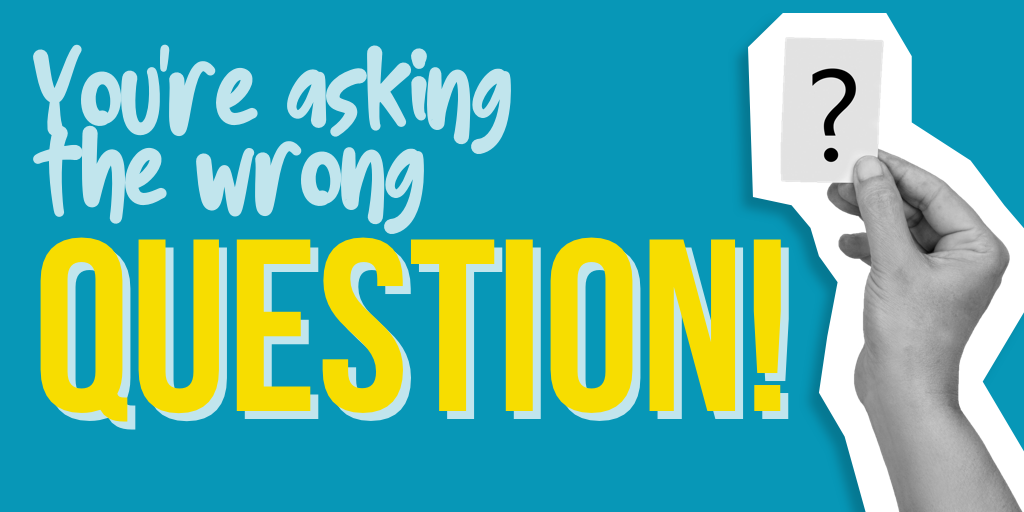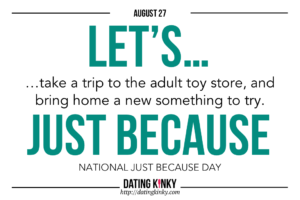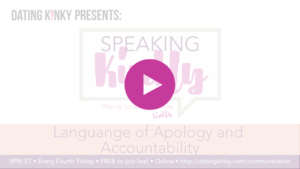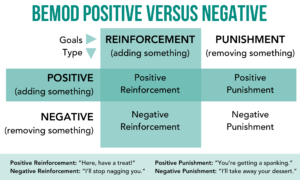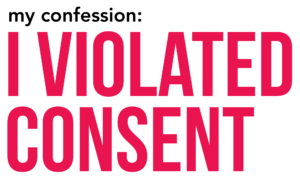I run a local (to the RDU/Triangle area in NC) discord server and event that are designed to help kinky people meet others in the community.
In that server, we have a channel dedicated to asking anonymous questions about dating, love, sex, and kink. And last week, one of those questions inspired this writing.
The question was:
“Is it possible to have a healthy & fulfilling relationship with a narcissist?”
Someone responded and said, that some narcissists are diagnosed and actively work to be better people.
Another responded and pointed out that many people throw around the term narcissism to represent a cluster of behaviors that all humans cycle through in their lives, and so of course it’s possible.
Me, I prefer not to answer questions like this as they are stated, because to me, the answer doesn’t help you.
It’s the wrong question.
As someone had already answered, yes, it is possible to have a healthy relationship with an actual narcissist.
Is it probable? No.
And does that answer help them with the specific person in question?
Not at all.
Because the answer to whether it’s possible to have a healthy relationship with, well, anyone is “yes,” but it’s not probable, because healthy relationships are complex, and it takes both people having an elusive combination of qualities including desire, relationship skills and compatibility with you.
What I prefer to do is answer the question that matters:
How do I have a healthy relationship with anyone, no matter their mental diagnoses or lack thereof?
And that’s a simple answer: Have excellent boundaries.
Because if you build good boundaries and honor them in all of your relationships, it really doesn’t matter whether the other person has a mental diagnoses, is a fantastic person, or is a grade-A smellfungus, because you will allow only the behaviors you are willing to accept in the relationship, and if/when they overstep, you give them a chance to correct or you leave.
Simple.
And you know what? It works.
Because when you allow only the behaviors that work for you from the people in your life, it won’t matter whether they are a ruffian, a knave, or a backfriend. Because they will treat you as you deserve to be treated, or you leave.
You don’t spend time trying to figure out if a relationship COULD work.
Because you know if it IS working or not.
And if it’s not, you can communicate changes that need to be made, or you can leave.
But it’s not that easy, is it?
Well, I didn’t say it was easy.
I mean, it sounds easy: Set boundaries, maintain boundaries, rinse, repeat.
But there are a whole lot of steps in there.
1. You have to know what your boundaries are.
Boundaries are not static. You will be discovering and shifting boundaries throughout your entire life, based on what you want and need from your relationships and interactions.
2. You have to learn to communicate your boundaries.
That means being able to discuss what you will and will not accept in a relationship in ways that other people can understand.
3. You have to learn to know when your boundaries are being pushed or broken.
For some, this is way harder than it sounds, because they have been taught to ignore their feelings to “go along” and “be agreeable.” They aren’t as aware as others of that slight feeling of “ick,” or the tickle at the back of their head warnings, and it’s only after they have been harmed that they see that it happened.
4. You have to learn to communicate when your boundaries are being run over and how to fix that.
Being able to say, “Hey, that doesn’t work for me. This is a better option, or I’m willing to work with you on something we both like,” is harder than it sounds, especially if you have no practice and maybe no one modeling that behavior for you. And to do it in a way that doesn’t make the situation worse is a skill that can take time to develop.
5. You have to be your own best protector.
That means you have to be willing to walk away when someone will not change or cannot respect your boundaries.
PERIOD.
6. You have to do it forever.
Because your boundaries will constantly shift and change, and you’ll find new ones that didn’t exist before, and people will change and grow, and they will push in ways they never did before, and you’ll meet new people with whom you will have to communicate and set and maintain boundaries with…
So, yeah.
Not easy.
But it gets easier. Because as you hone your boundaries skills, you will find yourself doing many of these things automatically and without much effort at all.
And you will notice when your boundaries are being nudged, rather than being oblivious until they’ve been knocked down and back-hoed and buried.
And people will gravitate towards you who like your boundaries, and people who do not fit with your boundaries will often remove themselves before there’s much friction, because they’ll feel uncomfortable around you.
So, the RIGHT question is:
Does this person respect my boundaries and provide value to my life?
And ANY other relationship issue will matter only if the answer to that question is a resounding “YES!”
What are your thoughts?
Do you see where I’m going with this, or do you think I’m way off base?
How solid are your boundaries, on a scale of 1-10? Have your boundaries saved you in relationships, or have you found that you are still learning to set and strengthen them for yourself? Perhaps a mixture of both?
—
- Note: I’m specifically speaking of consensual and optional adult relationships. I’m not speaking of having children, or people who are dependent on you for caregiving, or more complex situations like that. I can’t speak to every individual situation in general terms, of course.


